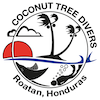A PLASTIC FREE ROATAN
Plastic is widely used in every day life. It is cheap, diverse, and very useful.
SO.. what is the problem with plastic?
The problem with plastic is that most of it isn’t biodegradable. Unlike paper or food, plastic never rots. Once thrown out, it can remain on earth for hundreds of years.
Which totally sucks because every year 400 million tons of plastic is created and 40% of that is one time use only. AKA: we ditch it into the world after using it once.
Unfortunately most of this plastic ends up in the ocean. There are five enormous patches of plastic in our worlds oceans. The one between California and Hawaii is the size of the state of TEXAS. About 8 million metric tons of plastic are thrown into the ocean annually.
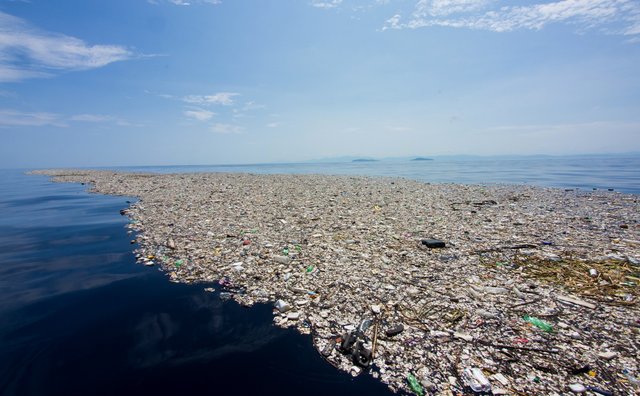
Plastic and marine life.
When plastic is entered into the ocean it does harm in more ways that one.
Many marine life animals cannot distinguish plastic items with food.
One in three sea turtles, and around 90% of seabirds, have eaten plastic. Often times plastic is covered in algae and mistaken as food, or tiny pieces of plastic are accidentally consumed due to size or placement. Animals cannot digest plastic so their stomachs become blocked or full, leaving no room for actual food and starving them to death. If fish are consuming plastic, and you are consuming fish then…
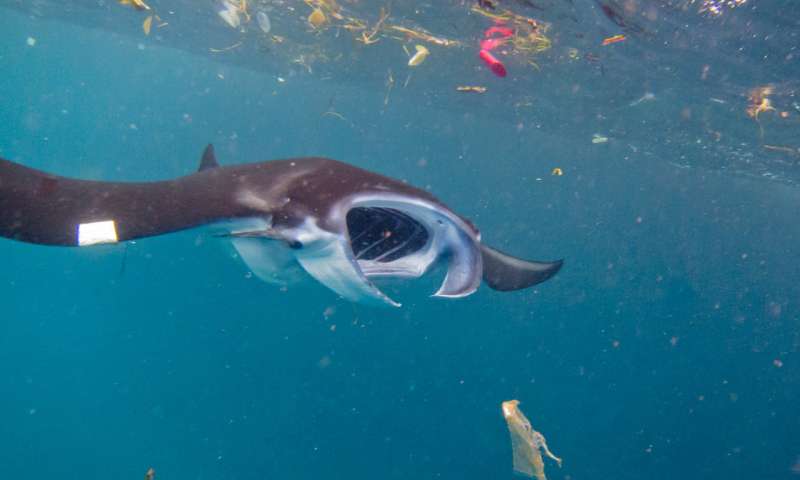
Animals do not have to consume plastic for it to be harmful.
Larger pieces of plastic, such as carrier bags or food packaging, can trap, strangle and endanger animals. Manta rays, whales, sharks and turtles all suffer big time from this.
Coral reefs are called home by 25% of the oceans critters. A coral is more likely to die by 85% after coming into contact with plastic causing damage or infection. WOW.
By 2050 there will be more plastic in the oceans than there are fish (by weight)… think about that.
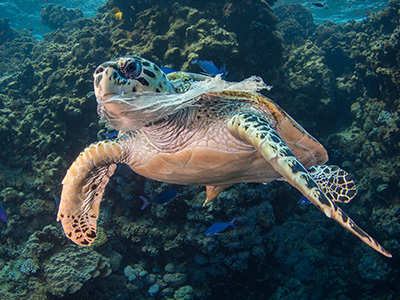
So what do we do?
Solving this plastic problem is not going to happen overnight. I do not know about you… but the thought of this plastic catastrophe is overwhelming. It is loud, it is real, and of great magnitude, but we all have to start at home to make a difference. Our home is the Coconut Tree Dive shop located in Roatan, Honduras. Here are things we do (that you can too) in an effort to reduce the amount of plastic our beautiful Caribbean waters see.
Carbon footprint
We reduced our carbon footprint by eradicating all styrofoam, straws, plastic plates, bags, cups and utensils from our shop. Instead, we provide our staff and customers with real plates, silverware, coffee mugs and reusable cups and straws. It is such an easy fix to simply not use plastic items.
Beach and ocean clean ups
Our staff, dive masters and even customers participate in our frequent beach and underwater clean ups. Picking up trash from the beach front not only makes the beach more inviting but prevents those rubbish items from making their way into the ocean! The real fun can come from our diving clean ups though. We gear up with one mission in mind: gather as much trash and plastic as you can. Take a look as this…
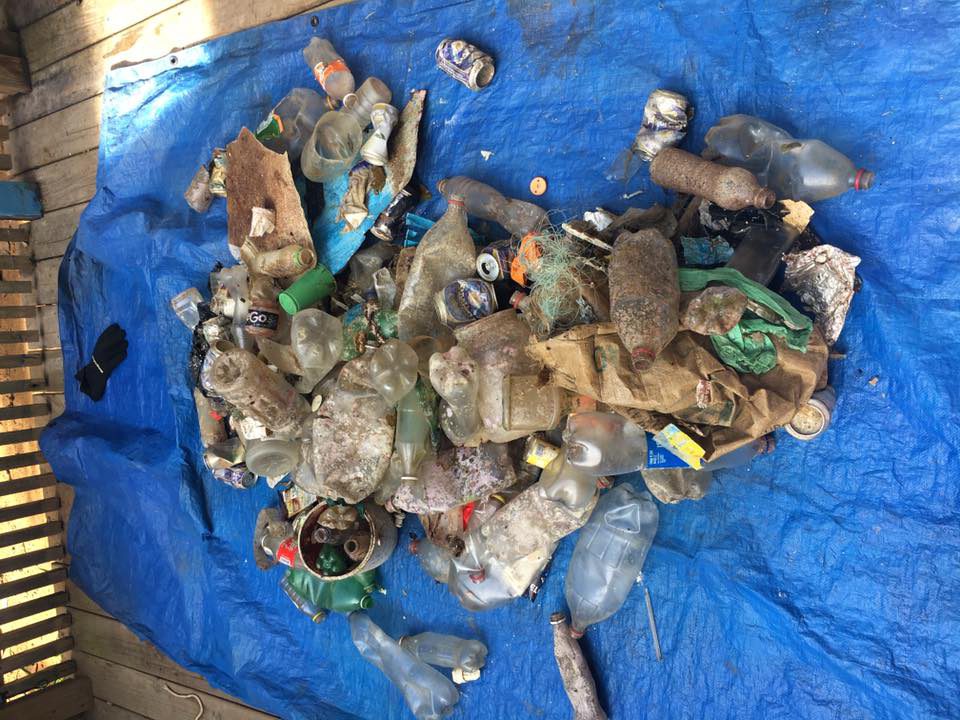
Recycle
Here on Roatan, all trash goes to the ‘dump.’ An above ground land fill, that is often so massive it can overflow into the ocean. It is so important here to dispose of waste properly so that we can minimize what goes to the dump. We make sure the waste from our shop gets properly recycled and disposed.
Restore
Cleaning up the trash and recycling is essential. But we like to do what we can to help restore as well. In an attempt to even slightly offset the amount of coral we lose to plastic and stress, we do our part to help create and maintain coral nurseries. To grow more coral to add back to the reef!
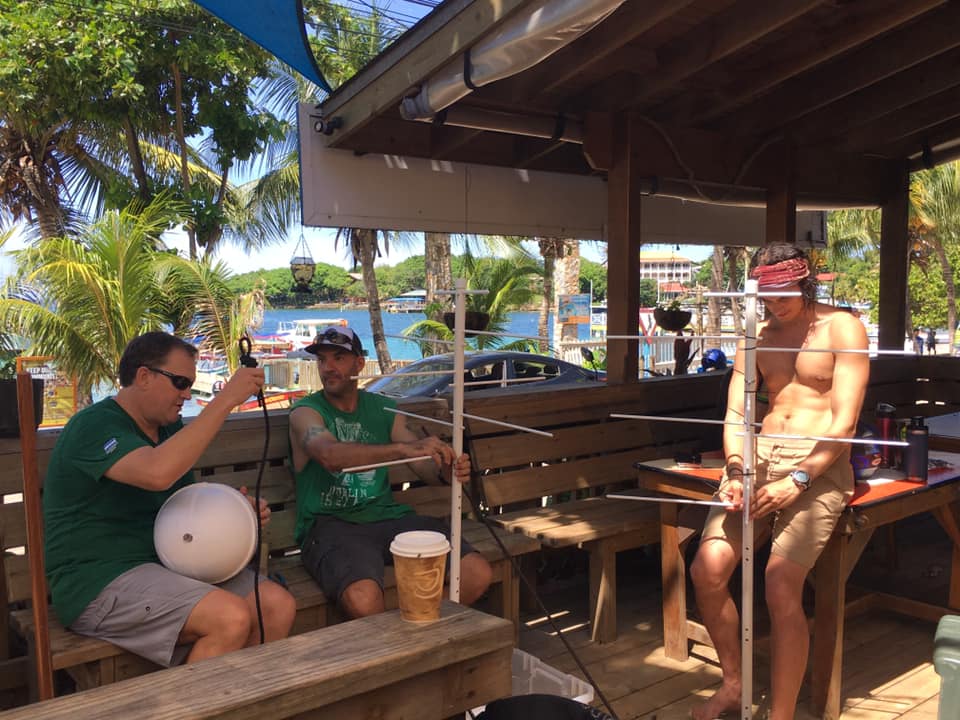
Education
We can do our individual parts all we want, but if you ask us the biggest tool at our disposal to help create a plastic free Roatan we would say: Education. Teaching and spreading the facts about plastic. Passing on this knowledge so that others are inspired to take the same measures we are! First and foremost, we teach all of our students and customers how to become sustainable divers. Second, we offer a few specialty courses at our shop to help engage and educate more divers in the mission of creating a plastic free environment. Our Turtle & Shark conservation specialty courses aim to educate you about the causes of declining shark or turtle populations, to build an understanding of what is missing in our worlds efforts to prevent this. Our Eco Dive program specialty course ‘Dive against debris‘ from Project AWARE empowers scuba divers to remove marine debris from the ocean and report data on the types, quantities and locations of materials collected.
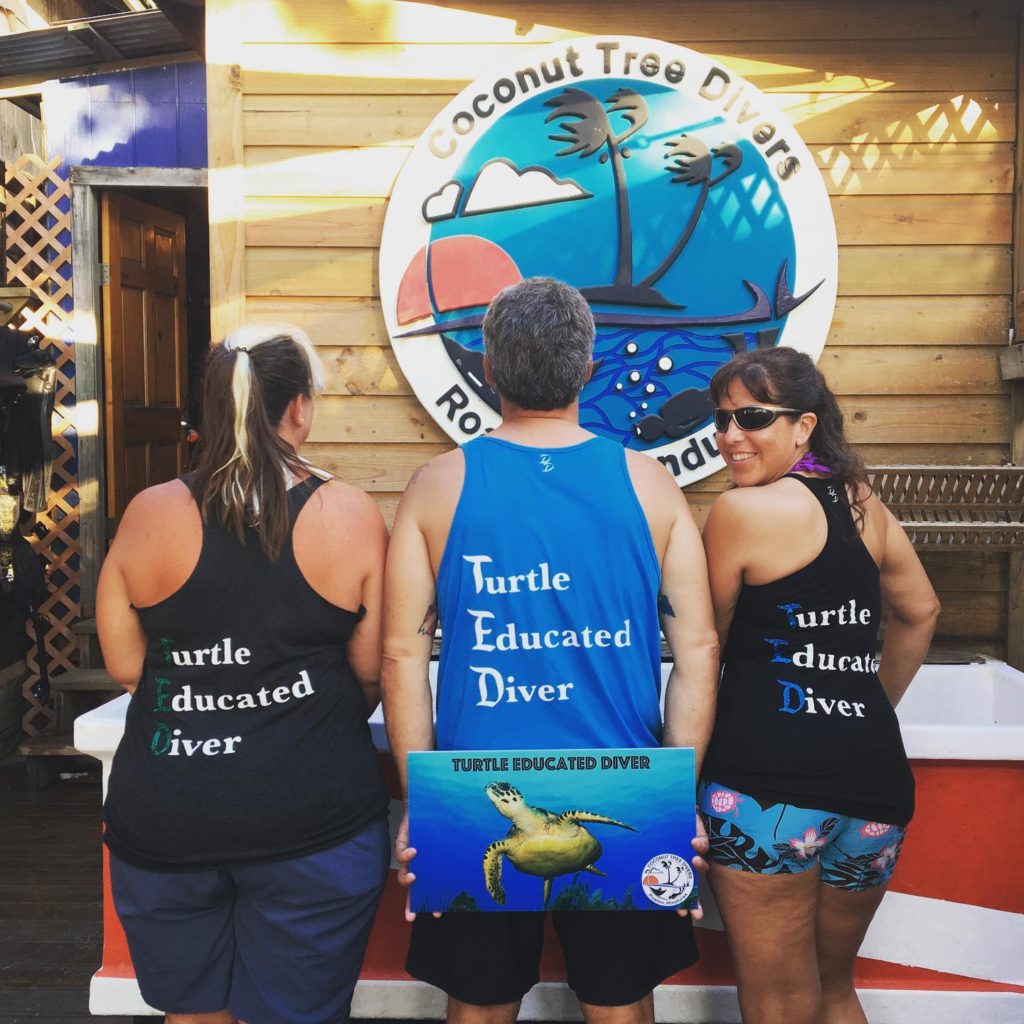
Coconut Tree Divers also looks forward to working with and participating in annual awareness events and activities organized by the Roatan Marine Park each year!
Plastic is a problem that is not going to go away without a lot of people’s help. Please do your part on the path to a plastic free planet.
Thanks for reading =)
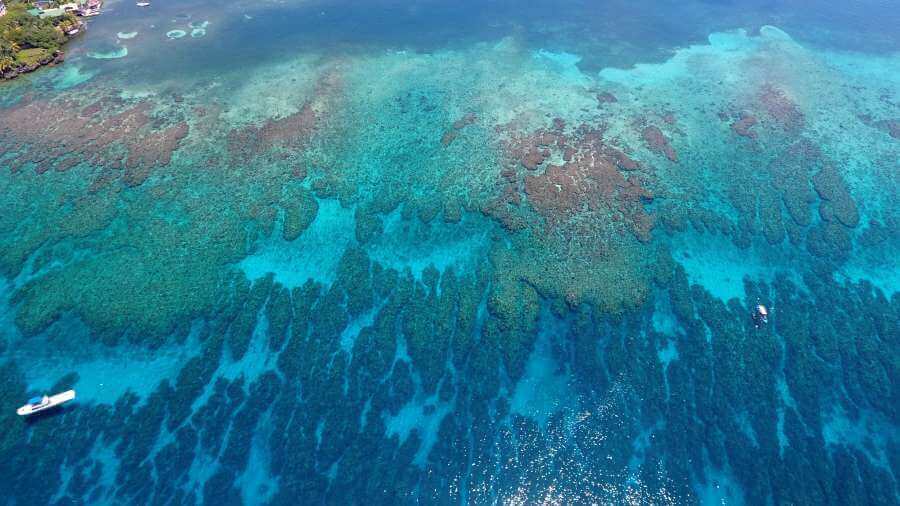
Together, we can keep our world this beautiful! Roatan, Honduras
